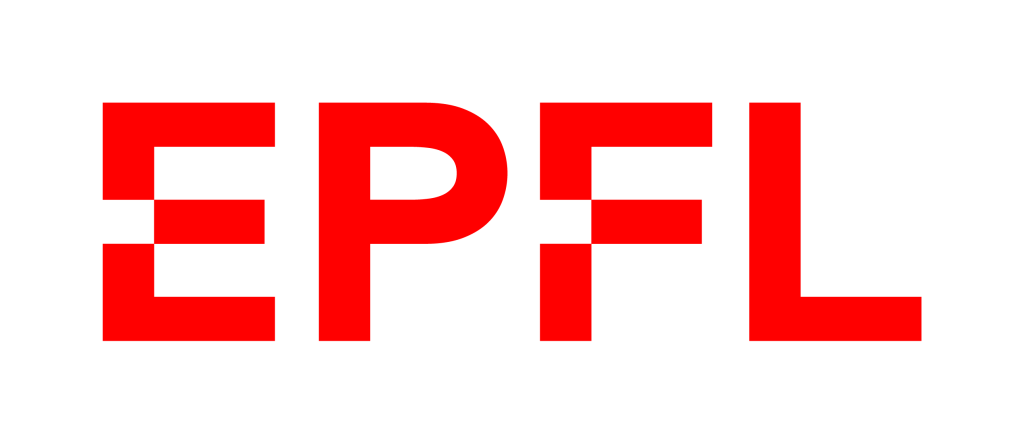Meet the Researcher: Viviane J. Tschan
 Viviane J. Tschan
Viviane J. Tschan
PhD Student Radiopharmaceutical Sciences
- Institution:
Paul Scherrer Institute (PSI): Center for Radiopharmaceutical
Sciences (CRS) -
Project:
Post-Surgical Auger Electron Therapy of Prostate Cancer Patients with Localized Disease: Development and Assessment of a New Concept for High-Risk Patients (Interdisciplinary Doctoral project, 2017)
Please describe your PHRT project
Viviane: My work at CRS revolves around the development and application of novel radiopharmaceuticals that target the prostate-specific membrane antigen (PSMA) for the treatment of prostate cancer. A focus of this project is the investigation of novel radionuclides such as terbium-161 that are characterized by the (co-)emission of Auger and conversion electrons suitable for the eradication of micrometastasis or even single cancer cells. Furthermore, we aim to improve the evaluation process by applying new in vitro methods and mouse models that are clinically more relevant than the current standards. Specifically, I am working with patient-derived xenograft models (PDX), which are mouse models transplanted with human tumor tissue. Employing these improved models for evaluation, our goal is to select the best novel radiopharmaceuticals for clinical translation.
What are the biggest challenges of your project?
Viviane: The implementation of novel techniques and models that were not yet established in the laboratory at CRS was challenging but also rewarding if successfully achieved. Moreover, the collaboration between groups from different scientific disciplines has been a challenge and at the same time a great opportunity. It is at times difficult to coordinate the different goals and priorities, but one also gains and learns a lot from each other.
What are you most proud of regarding the PHRT project?
Viviane: I am very proud of being part of this project in the research field of personalized medicine and in particular the radiopharmaceutical sciences, which are of high relevance for the future of medicine. Likewise, I am proud that I have the privilege to work closely with many outstanding researchers within the ETH Domain and with our collaborators from the Department of Urology at the University Hospital of Bern.
What do you like the most about working in an ETH Domain research group?
Viviane: I appreciate very much the fact that our work is interdisciplinary. The knowledge I am gaining from scientists from different fields outside of my own expertise is of great value to me. The interconnection of the groups and the facilities is another great aspect of the ETH Domain that enables this valuable interdisciplinary exchange.
What do you dream to achieve in research one day?
Viviane: Like many researchers, I hope to be part of a research project that brings forward a treatment or innovation for the medical field that ultimately results in the improvement of human health and the quality of life of patients.

Communications Specialist



